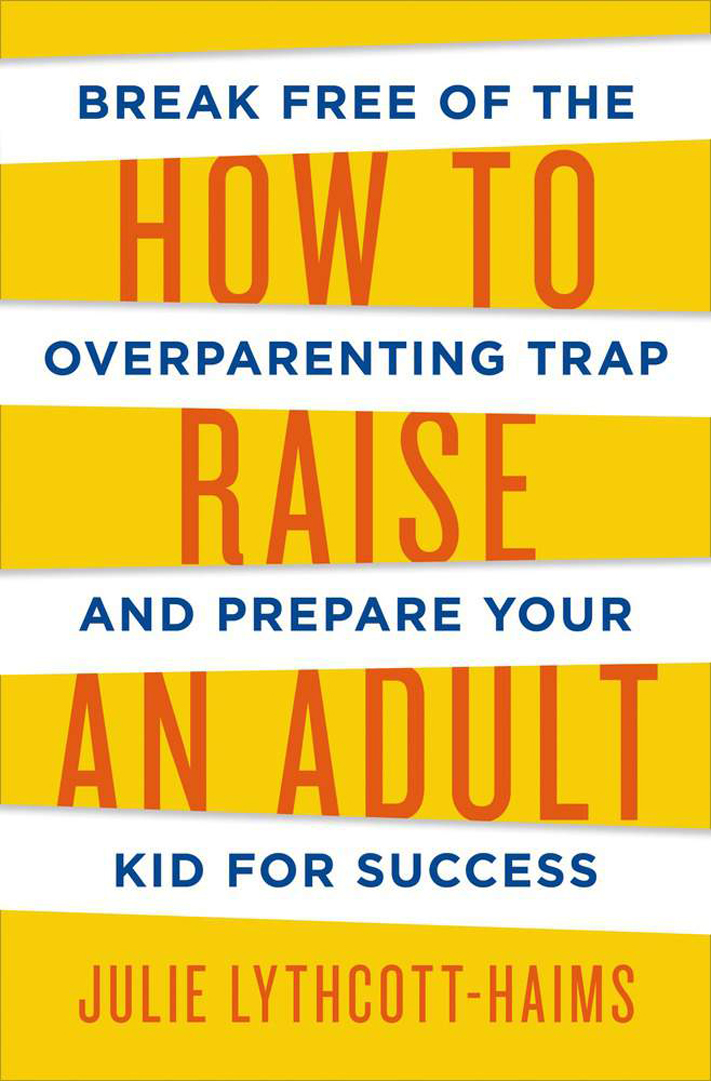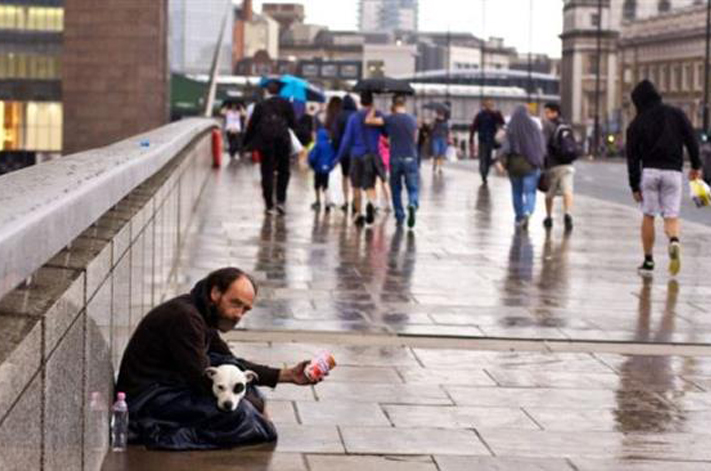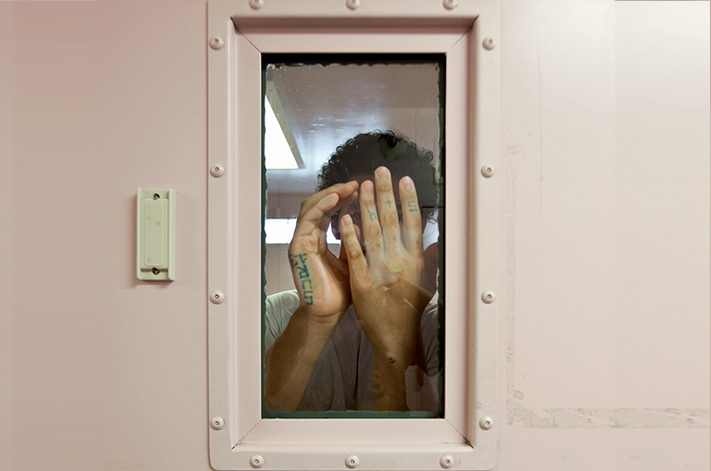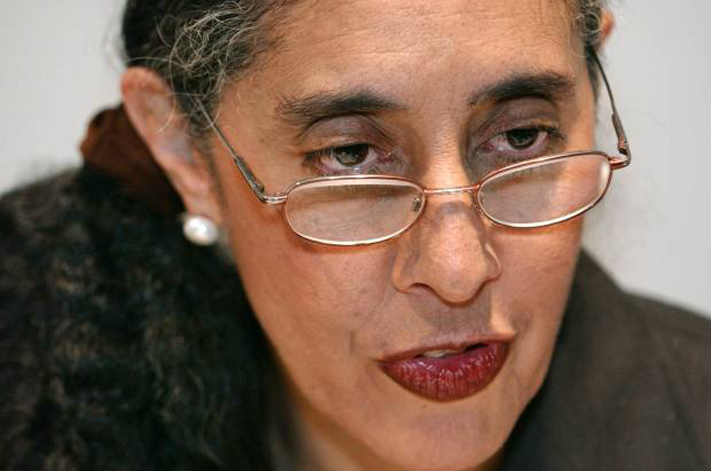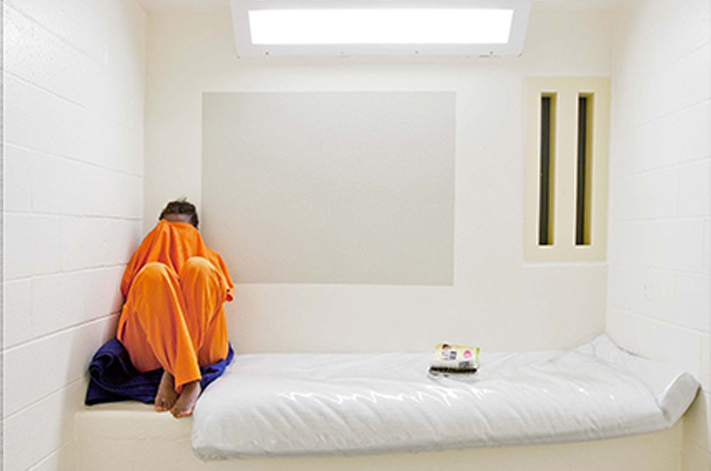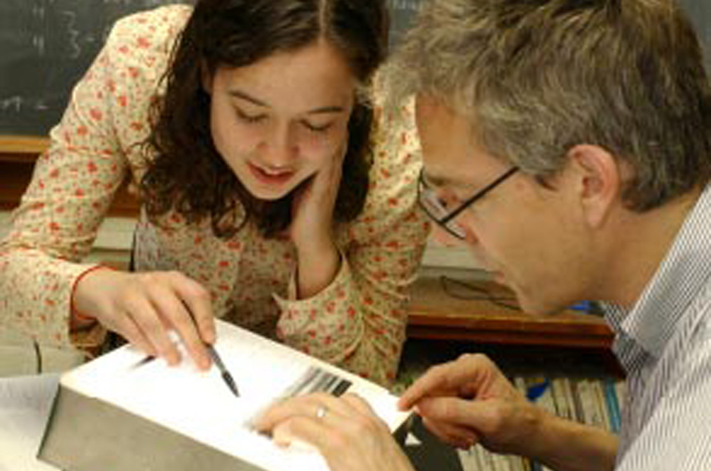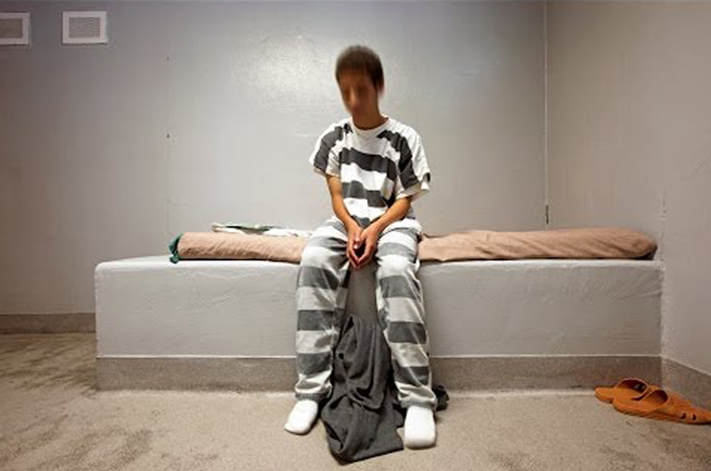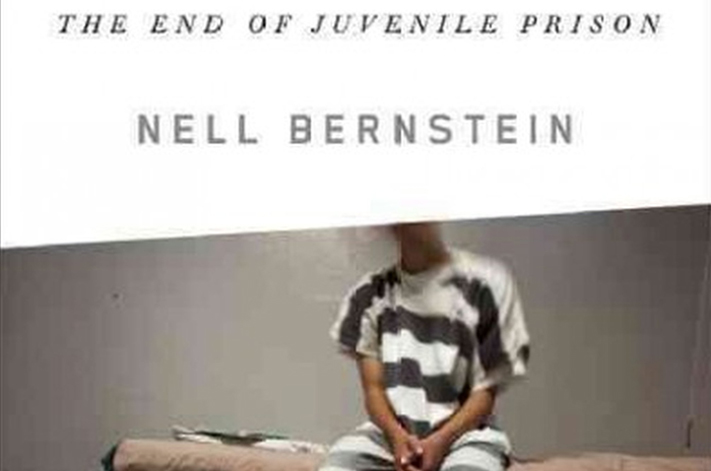Project Description
Recent studies suggests that kids with overinvolved parents and rigidly structured childhoods suffer psychological blowback in college.
Those whom Deresiewicz calls “excellent sheep” I call the “existentially impotent.” From 2006 to 2008, I served on Stanford University’s mental health task force, which examined the problem of student depression and proposed ways to teach faculty, staff, and students to better understand, notice, and respond to mental health issues. As dean, I saw a lack of intellectual and emotional freedom—this existential impotence—behind closed doors. The “excellent sheep” were in my office. Often brilliant, always accomplished, these students would sit on my couch holding their fragile, brittle parts together, resigned to the fact that these outwardly successful situations were their miserable lives.
In my years as dean, I heard plenty of stories from college students who believed they had to study science (or medicine, or engineering), just as they’d had to play piano, and do community service for Africa, and, and, and. I talked with kids completely uninterested in the items on their own résumés. Some shrugged off any right to be bothered by their own lack of interest in what they were working on, saying, “My parents know what’s best for me.”
The data emerging confirms the harm done by asking so little of our kids when it comes to life skills, yet so much of them when it comes to academics.
One kid’s father threatened to divorce her mother if the daughter didn’t major in economics. It took this student seven years to finish instead of the usual four, and along the way the father micromanaged his daughter’s every move, including requiring her to study off campus at her uncle’s every weekend. At her father’s insistence, the daughter went to see one of her econ professors during office hours one weekday. She forgot to call her father to report on how that went, and when she returned to her dorm later that evening her uncle was in the dorm lobby looking visibly uncomfortable about having to “force” her to call her dad to update him. Later this student told me, “I pretty much had a panic attack from the lack of control in my life.” But an economics major she was indeed. And the parents got divorced anyway.
In 2013 the news was filled with worrisome statistics about the mental health crisis on college campuses, particularly the number of students medicated for depression. Charlie Gofen, the retired chairman of the board at the Latin School of Chicago, a private school serving about 1,100 students, emailed the statistics off to a colleague at another school and asked, “Do you think parents at your school would rather their kid be depressed at Yale or happy at University of Arizona?” The colleague quickly replied, “My guess is 75 percent of the parents would rather see their kids depressed at Yale. They figure that the kid can straighten the emotional stuff out in his/her 20’s, but no one can go back and get the Yale undergrad degree.”
Here are the statistics to which Charlie Gofen was likely alluding:
In a 2013 survey of college counseling center directors, 95 percent said the number of students with significant psychological problems is a growing concern on their campus, 70 percent said that the number of students on their campus with severe psychological problems has increased in the past year, and they reported that 24.5 percent of their student clients were taking psychotropic drugs.
In 2013 the American College Health Association surveyed close to 100,000 college students from 153 different campuses about their health. When asked about their experiences, at some point over the past 12 months:
- 3 percent felt overwhelmed by all they had to do
- 5 percent felt very sad
- 0 percent felt very lonely
- 3 percent felt overwhelming anxiety
- 0 percent seriously considered suicide
As parents, our intentions are sound—more than sound: We love our kids fiercely and want only the very best for them. Yet, having succumbed to a combination of safety fears, a college admissions arms race, and perhaps our own needy ego, our sense of what is “best” for our kids is completely out of whack. We don’t want our kids to bonk their heads or have hurt feelings, but we’re willing to take real chances with their mental health?
You’re right to be thinking Yes, but do we know whether overparenting causes this rise in mental health problems? The answer is that we don’t have studies proving causation, but a number of recent studies show correlation.
In 2010, psychology professor Neil Montgomery of Keene State College in New Hampshire surveyed 300 college freshmen nationwide and found that students with helicopter parents were less open to new ideas and actions and more vulnerable, anxious, and self-conscious. “[S]tudents who were given responsibility and not constantly monitored by their parents—so-called ‘free rangers’—the effects were reversed,” Montgomery’s study found. A 2011 study by Terri LeMoyne and Tom Buchanan at the University of Tennessee at Chattanooga looking at more than 300 students found that students with “hovering” or “helicopter” parents are more likely to be medicated for anxiety and/or depression.
Helicopter parenting has crippled American teenagers. Here’s how to fix it.
Dan Griffin says that the key is figuring out how to get kids to tune into their own motivation, and to get the parents to tune out of their motivation to shield their kids from failure and disappointment.
A 2012 study of 438 college students reported in the Journal of Adolescence found “initial evidence for this form of intrusive parenting being linked to problematic development in emerging adulthood … by limiting opportunities for emerging adults to practice and develop important skills needed for becoming self-reliant adults.” A 2013 study of 297 college students reported in the Journal of Child and Family Studies found that college students with helicopter parents reported significantly higher levels of depression and less satisfaction in life and attributed this diminishment in well-being to a violation of the students’ “basic psychological needs for autonomy and competence.” And a 2014 study from researchers at the University of Colorado–Boulder is the first to correlate a highly structured childhood with less executive function capabilities. Executive function is our ability to determine which goal-directed actions to carry out and when and is a skill set lacking in many kids with attention deficit disorder or attention deficit hyperactivity disorder.
Karen Able is a staff psychologist at a large public university in the Midwest. (Her name has been changed here because of the sensitive nature of her work.) Based on her clinical experience, Able says, “Overinvolved parenting is taking a serious toll on the psychological well-being of college students who can’t negotiate a balance between consulting with parents and independent decision-making.”
When parents have tended to do the stuff of life for kids—the waking up, the transporting, the reminding about deadlines and obligations, the bill-paying, the question-asking, the decision-making, the responsibility-taking, the talking to strangers, and the confronting of authorities, kids may be in for quite a shock when parents turn them loose in the world of college or work. They will experience setbacks, which will feel to them like failure. Lurking beneath the problem of whatever thing needs to be handled is the student’s inability to differentiate the self from the parent.
When seemingly perfectly healthy but overparented kids get to college and have trouble coping with the various new situations they might encounter—a roommate who has a different sense of “clean,” a professor who wants a revision to the paper but won’t say specifically what is “wrong,” a friend who isn’t being so friendly anymore, a choice between doing a summer seminar or service project but not both—they can have real difficulty knowing how to handle the disagreement, the uncertainty, the hurt feelings, or the decision-making process. This inability to cope—to sit with some discomfort, think about options, talk it through with someone, make a decision—can become a problem unto itself.
Madeline Levine, psychologist and author of The Price of Privilege, says that there are three ways we might be overparenting and unwittingly causing psychological harm:
- When we do for our kids what they can already do for themselves;
- When we do for our kids what they can almost do for themselves; and
- When our parenting behavior is motivated by our own egos.
As Able told me:
When children aren’t given the space to struggle through things on their own, they don’t learn to problem solve very well. They don’t learn to be confident in their own abilities, and it can affect their self-esteem. The other problem with never having to struggle is that you never experience failure and can develop an overwhelming fear of failure and of disappointing others. Both the low self-confidence and the fear of failure can lead to depression or anxiety.
Neither Karen Able nor I is suggesting that grown kids should never call their parents. The devil is in the details of the conversation. If they call with a problem or a decision to be made, do we tell them what to do? Or do we listen thoughtfully, ask some questions based on our own sense of the situation, then say, “OK. So how do you think you’re going to handle that?”
Knowing what could unfold for our kids when they’re out of our sight can make us parents feel like we’re in straitjackets. What else are we supposed to do? If we’re not there for our kids when they are away from home and bewildered, confused, frightened, or hurting, then who will be?
Here’s the point—and this is so much more important than I realized until rather recently when the data started coming in: The research shows that figuring out for themselves is a critical element to people’s mental health. Your kids have to be there for themselves. That’s a harder truth to swallow when your kid is in the midst of a problem or worse, a crisis, but taking the long view, it’s the best medicine for them.
Excerpted from How to Raise an Adult by Julie Lythcott-Haims, published by Henry Holt and Company, LLC. Copyright © 2015 by Julie Lythcott- Haims. All rights reserved.
A graduate of Stanford and Harvard Law, Julie Lythcott-Haims practiced law in the Bay Area for many years before returning to Stanford as an Associate Dean, and then Assistant to the President (John Hennessy). After that, she spent a decade as the Dean of Freshmen, a position she created in 2002. Almost 20,000 undergraduates matriculated on her watch, and in 2010 she received the university’s Lloyd W. Dinkelspiel Award. To her students she was affectionately known as “Dean Julie.”
This piece was reprinted by EmpathyEducates with permission or license. Honored, we thank the Author, Julie Lythcott-Haims for her kindness, quality research, observations, and enduring efforts to bring awareness for what we “teach” our children.
